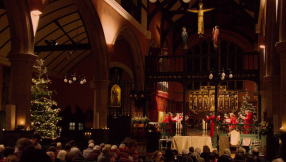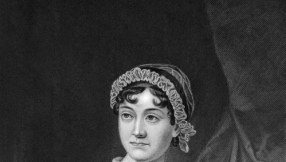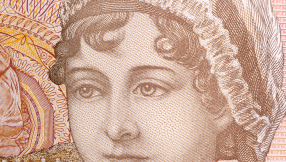Time for a re-think after NOTW's fall from grace
The most widely read newspaper in the English language crashed out of the British press forever over serious allegations that reporters and private investigators working in its name were hacking into the phones of celebrities, Britain’s war dead and even the voice messages of murdered schoolgirl Milly Dowler.
The News of the World was known – and read - for its scandalising and titillating stories but the tactics employed by some of its staff to dig out the next “scoop” saw the British tabloid sink to a new low that even its most ardent critics hadn’t anticipated.
Shutting down the paper is unfair to the current staff who had nothing to do with the scandal. They are paying the high price for the misdeeds of others and those higher up the chain who failed to control the so-called “rogue” elements in their newsroom with sufficient checks and rigour.
Former NOTW deputy features editor Paul McMullan stated bluntly in an interview with Australian news channel ABC 24 last week that Rebekah Brooks and Andy Coulson were fully aware of phone hacking.
Even if one gives Mrs Brooks the benefit of the doubt and believes her claims of innocence, it is the duty and responsibility of the editor to set the tone of his or her newsroom. The fact that some reporters and PIs deemed their illegal practices to be fair game indicates the lack of concern for ethical journalism that prevailed in the Wapping newsroom under her watch.
There are always going to be grey areas in investigative journalism. The Daily Telegraph brought the MPs’ expenses scandal to light by paying £110,000 to a Whitehall mole for a leaked file. Yet, rightly, no one would accuse the newspaper of crossing the boundaries of decency and disrespecting the rights of MPs.
Sadly, it appears that a culture of habitual law breaking and moral disregard was allowed to develop within at least parts of the News of the World, all supposedly in the name of uncovering the “truth”.
The starting point for any newsroom should be a respect for the law and at the very least, an aspiration to meet a high standard of integrity, honesty and decency. It should never become the case that breaking the law is regarded as a trivial means to accomplishing a questionable end.
Yet the scandal runs so much deeper than one newspaper and the media. It may yet prove highly embarrassing for Prime Minister David Cameron, having laid bare the folly of appointing Andy Coulson as his communications chief, and exposing the extent to which the government and British politicians have been overly influenced by Rupert Murdoch’s empire.
In contrast, it was Ed Miliband making all the right calls in the last week. He was quick to demand a full public inquiry that Cameron backed only after some dithering, and is pressing not only for the resignation of Rebekah Brooks but a delay of possibly years to Rupert Murdoch’s bid to take over the remaining 61 per cent of shares that he doesn’t already own in BskyB, while police investigations continue.
News Corp’s increasing dominance of the British media was always a grave concern, but with senior figures, or former senior figures, within the organisation accused of colluding in hacking and giving money to police officers, a News Corp takeover of BSkyB should be absolutely out of the question.
Trust has been well and truly shattered, and in spite of shutting down News of the World, the present distrust in all things relating to News Corp is spreading.
Previous allegations of hacking into the phones of celebrities and politicians weren’t enough to tip the scales from disapproval to absolute contempt and outrage but the “Milly Dowler moment” was, and now it has become apparent that there are some things that people simply will not tolerate – not even from a muckraking tabloid like the News of the World.
This is a scandal that has touched on the news industry, the government and the police, but even parts of the British public must ask themselves why they continued to lap up the sex and scandal-laden drivel pumped out week after week by the News of the World, even after serious hacking allegations were first brought to light several years ago.
This crisis has presented the nation as a whole with a real opportunity to look again at what constitutes “news” and what kind of behaviour it is willing to accept from newspapers in the name of making a story and supposedly “revealing the truth”. It is also an ideal moment for politicians to unshackle themselves from the influence of powerful media tycoons like Rupert and James Murdoch.
Importantly, however, the spectacular fall of the News of the World shows the high price to be paid when ethics are thrown out of the newsroom and all too easily ignored by a public happy to be fed on a diet of gossip, regardless of whose life is destroyed in the process.
There is clearly need for a culture change within some newsrooms but a change in appetite among news consumers would also go a long way in helping to cultivate better quality journalism and restoring news provision to what it was always meant to be: a public service.













